I am working on angular js app,and tried to make a simple login page and tried to request my server API for authenticate my login call.Here what and how i planned to do.
Note: I am assuming that server is responsible for validating my token and request.
Provide username password to server via API call.
On getting authenticated the server will generate a token for my App(through which i made a call).
I stored this in my browser's COOKIE.
This Cookie (auth token) will be further used by app to to make each and every HTTP call to API.
Now this approach is working fine for me,but I believe it is openly available for CSRF attack.
In order to avoid the CSRF attack from my browser,i provide APP id or (version id) to my code which also travel with cookie to the API for http call.
The idea behind using this version id or App id,is this can be treated as a signature of my code,ie request is coming from the signed (verified) app who has alloted token=cookie value.
i just want to know how better my approach is and how much secure it is for my basic app point of view and for my major (wide project) app.
Here i am trying to show via a rough diagram
apologies for this tiny view and bad handwriting of the diagram.
